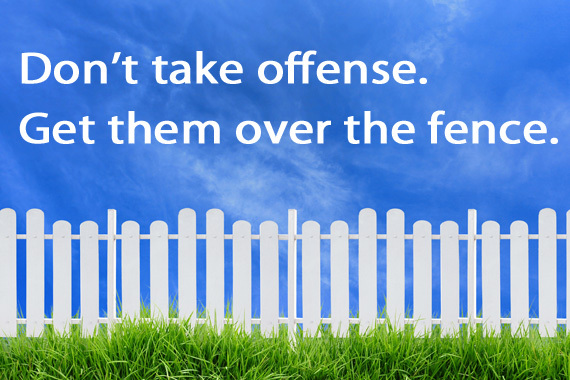
Do you find yourself justifying your prices? Are you offended when someone asks you why you've set your price so high?
A common dilemma we face as business owners and service providers is how to handle it when someone asks why we are so expensive. Or more expensive than others. Price objection can be sticky, but it doesn't need to be. Believe me, as a high-end portrait photographer, I've been asked more than my fair share to justify my prices. So, trust me when I say I've given this plenty of thought and have you covered when - yes, when not if- you are confronted with having to explain your fees. And even more exciting and telling is that my solution to this very quandary was inspired by shaving creme. Yes, my shaving creme.
First of all, be thrilled not offended when you are asked to justify your price. The key is not to shut down which happens all too often when we feel challenged to explain our rates. You've already piqued their interest. They are interested in your service or product, and by engaging in a dialogue rather than an argument, you have the opportunity to affirm their decision to buy what you are offering. They made have already made a decision to purchase or hire you and are simply seeking affirmation.
Buyers want affirmation. We are after all, emotional buyers. People want to know they are making smart, valuable choices. This is where I'm reminded of my shaving cream. What some might consider expensive and indulgent to pay for a personal and necessary hygiene product is well worth it for me. Why? Value.
From the outset, my shaving cream is a smooth decision to purchase. Its packaging vows that it is "astonishingly superior" and its logo- a crown- confirms the brand image is worthy of a King. Even before opening the bottle and letting it touch my skin, this product is presented in such a way that it confirms my decision to pay what some might consider a steep price for shaving cream. There, clearly on the packaging, I'm told it's super-concentrated and provides ninety days worth of shaves. To boot, you can't open the bottle without breaking a seal that reiterates its efficacy and value-- "use only a drop." So, from the moment I consider my purchase of this high-end product, without even dealing with a salesperson or anyone else to help me justify my purchase, I am made to feel good about my decision. I'm excited about my decision. The packaging alone takes me "over the fence", confirming I made a great purchase. In a quick cost analysis, because this shaving creme is so concentrated, it probably doesn't cost any more than an average brand because of how long it will last.
So, when you're asked to explain your pricing, remember: Don't take offense. Get them over the fence.
How do you prove your or your product's worth when you know it's already great? Speak your value. Show your value. Value is each and every rung of the ladder that brings them over the fence. There are two types of value that play into price objection scenarios: real value and perceived value. Real value is simply the tangible component-- number of ounces, etc. Perceived value is the emotional component- that which creates excitement within the buyer. When faced with price objection, it's critical to affirm the buyer's or customer's perceived value in your product or service. Perceived value is what gets them emotionally engaged and primed to purchase. That shouldn't be difficult because after all you know that what you are offering is something to be excited about! Something well worth its price. Something you want to share and have others feel good about too.
You'll also want to understand the difference between potential buyers that are price conscious vs. value conscious. When someone questions your rates, it's easy to assume they are acting price conscious. Actually, nothing could be further from the truth. They are likely behaving in a value conscious manner.
Consider the examples of WalMart and Target respectively. WalMart touts "rolled-back prices" and the concept of more-for-less. It doesn't promise quality; it assumes its buyers want savings, right down to a hundredth of a cent. Target, on the other hand, attracts value-conscious consumers. Want a high-quality product, a designer label like Isaac Mizrahi or Lily Pulitzer for an affordable price? Target is the answer. Unlike WalMart, Target says, "Come on in. You'll find great quality for less." Most people want to feel that they are getting more than what they paid for, but even more than that, those that are willing to pay more want to know that they are making wise decisions. Our job as entrepreneurs, business owners, and service providers is to make clients feel that they are getting more. They are getting bang for their buck. They are getting quality, and it may cost more; but in the end, the difference is worth it. They want to feel they are wiser because they are investing in value! Make the purchaser feel great about their decision.
By explaining the benefits of buying a high-quality product or service, you comfort and reassure the consumer. Demonstrate benefits rather than merely enumerating features. Features tell. Benefits sell. Remember the shaving cream. Great product. Great value. Super-concentrated. "Astonishingly superior." Be grateful for the price objection conversation. It's an opportunity to help your clients perceive the benefits and arm them with the answers and justification they are looking for.
Don't take offense. Get them over the fence.